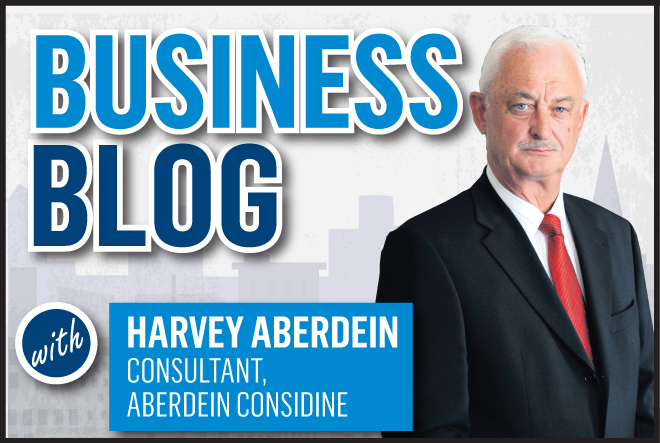The presidential race in America is always a fascinating affair – none more so than the current battle which has pitch establishment figure Hillary Clinton against political maverick Donald Trump.
In what has already been billed as the “Year of the Outsider”, one can’t help but feel we are on the precipice of a huge moment in history.
Let’s be clear, I’m no fan, but Mr Trump’s momentum appears to have been halted by the release of a 2005 video recording in which he made repugnant remarks about groping women.
The graphic sexual language that threatened to derail his White House bid armed Hillary Clinton with political ammunition akin to napalm – yet still, somehow, “The Donald” is still clinging on.
He has created enough controversy to sink a ship full of presidential hopefuls, yet the business tycoon remains afloat.
And his performance in the most recent debate a week ago was described as “Donald’s Great Escape” as Hillary failed to deliver a knock-out blow and instead found herself on the defensive.
Some find it easy to dismiss Mr Trump’s chances in next month’s vote – but didn’t we all do the same before the Brexit vote here in the UK?
In turns out that the rise of Donald Trump and the recent Brexit vote have interesting parallels.
Earlier this month, my firm had the great pleasure of hosting some of Scotland’s brightest political and economic minds for a conference examining what the short-term future holds for the economy both at home and abroad.
Among the speakers was Aberdeen Asset Management’s chief economist Lucy O’Carroll, who gave a fascinating insight into what condition the world’s financial markets are in and how they got there.
One of her comments was that the austerity thrust upon us by the 2007/08 financial crash may have played a role in the fundamental changes we’ve seen since – creating a world where “normal markets” are very hard to come by.
The anger that austerity has caused among certain sections of society has fuelled rise of anti-establishment movements, such as the one which carried “Leave” to victory in the recent European Referendum.
The elevation of Mr Trump to the highest office would be a stunning climax to this wave of public revolt and huge shock to the global economy – and therefore a huge worry for investors.
Another of the speakers was Professor John Curtice of Strathclyde University, the UK’s pre-eminent polling expert.
He knows what the people of the UK are thinking (via reading multiple polls, not in a Derren Brown way) and his summary of recent opinion polls shows that people don’t want the free movement of people to continue.
This means we could be heading for a so-called “hard Brexit”, which is likely to bring an exit from the single market and more economic uncertainty, potentially even another recession.
This, combined with the potential for a Trump presidency, makes for troubling times for those who have money invested – so what can you do to manage your money in the current climate?
Aberdein Considine’s independent financial advisers have been looking at this in depth and have the following suggestions.
1) Have a long-term strategy
It is important not to react out of panic and where possible to remain calm and take a long-term view.
Taking a step back from the short-term noise, thinking why you invested in the first place and making sure those reasons haven’t changed are essential before making any changes to your strategy.
During market falls, it can be tempting to sell some of your investments and keep the money somewhere safer.
But if you do, it means you are likely to be selling after the markets have already fallen – and, crucially, before they rise again. That means you lock in your loss.
2) Make sure you have a rounded approach
Successful investment requires the navigation of complex market forces, taking into account economic, political and behavioural factors, as well as company financials.
So it’s well-advised to take a rounded approach. The single most important thing you can do to mitigate risk is to diversify your portfolio.
You may already have different types of investments across different countries – and if that is the case you should be well diversified with someone making the day-to-day investment decisions for you.
3) Investment reasons
If you actively manage your own investments, you’ll probably want to make sure your choices still meets you needs and that your original reasons for investing are still valid.
You should also consider taking some professional financial advice. Some of the questions you might want to ask are: are you suitably diversified to help shelter your money from significant volatility? Is it still right for you in the current market environment?
4) Retirement timeframe
If you are still some years from retirement, your pension investments will have time to recover from any short-term losses.
Even if you are close to retirement or have already retired are relying on income from your investments, you shouldn’t panic – there are still things you can do to shelter yourself from market volatility.
If you’re approaching retirement, the most important thing to do is make sure you’re in investments that will get your money to where it needs to be by the time you retire – whether that’s purchasing an annuity, taking it all out as a lump sum, or keeping it invested and taking a flexible income.
If you’re already retired, there are ways an independent adviser can help you protect your money – not just from market volatility but throughout your retirement.
